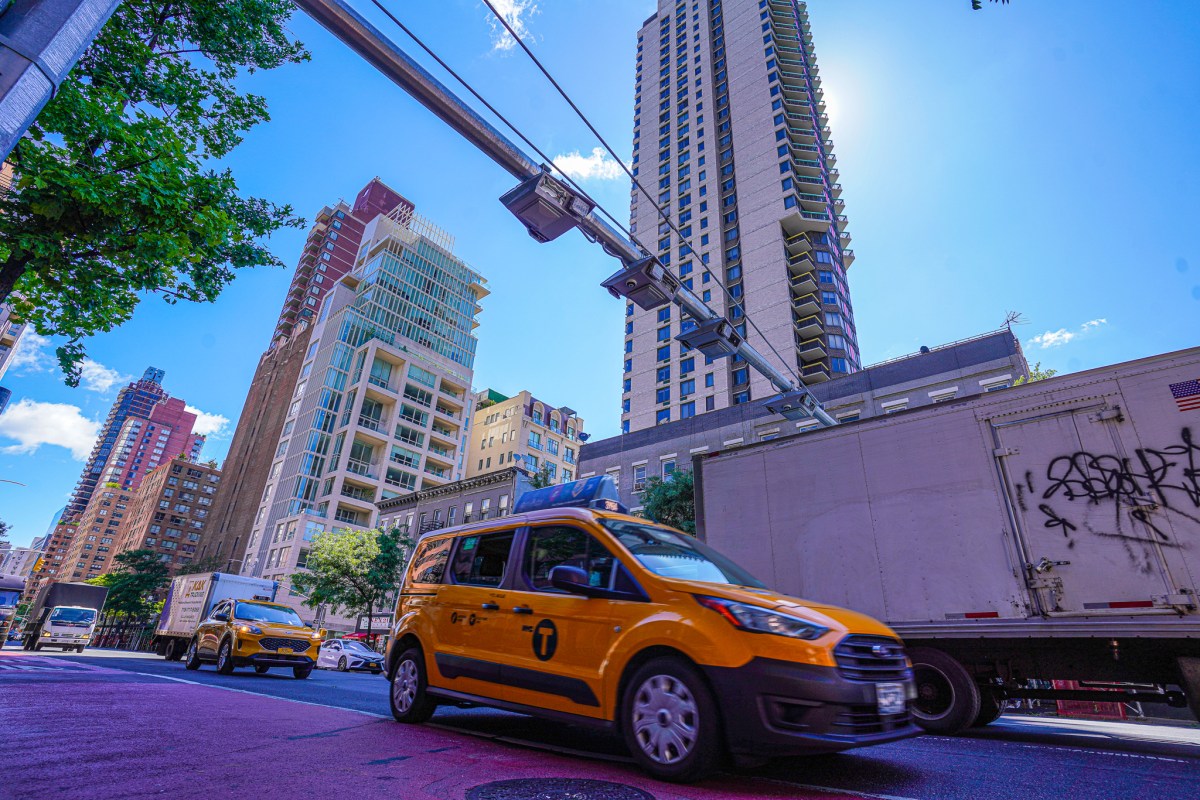According to the Centers for Disease Control and Prevention, prostate cancer is the most common non-skin cancer among men in the United States; most men are advised to start being screened at age 50. But prostate problems don’t only happen to older men. We talked to Dr. Michael A. Palese, the site chair of the department of urology at Mount Sinai Beth Israel, to talk about why men’s health and why these tests are important.
First things first. What does the prostate do?
It's a great question. Besides causing lots of problems, it's basically one of those organs that imparts some liquid for the semen. Besides that, it doesn't do very much. The reason why the prostate is such a hot issue or an issue in general is because of the nerves for erections run right along the posterolateral side of it, and so in removing a prostate, quite often you can injure those nerves and that's where men will get erection issues. … Men actually pee through the prostate. ... Because you're peeing through this organ and if the organ grows or it gets asymmetric or becomes swollen or inflamed, this is where all the problems come from.
Do you find men are squeamish during screening?
Absolutely. About 20 years ago, the public perception of a male going to get his prostate evaluated and/or going to see a urologist or doctor in general, most were quite [reluctant].
But, you say, now men who have seen their fathers and grandfathers dealing with prostate issues are encouraged to be screened, as well as men whose partners insist on it. So how is it treated?
Sometimes with low-grade and low-volume disease, you may not treat at all -- you may got on a surveillance protocol. The way we treat prostate cancer nowadays, it's very similar to what was being done 30, 40 years ago. It's just that we do have some newer paradigms and newer technology. … In addition to the surgical techniques and radiation, there are some newer drugs that have also been coming out in the last few years that have also changed how we can deal with even late stage or advanced stage cancer, so that's good.
What about younger men who aren’t being screened regularly yet -- what symptoms should they watch out for?
Most of the time prostate cancer doesn't always have a symptom, but when you do have symptoms, men will chalk it up sometimes to just having a large prostate or a "prostate enlargement" where they get feeling of not emptying their bladder. They're getting up at night … running to the bathroom every three or four hours. That can be a sign or symptom of enlargement and/or blockage or something known as benign prostatic hyperplasia or BPH. It may also be something called prostatitis which is an inflammation of the prostate. Then again, it can also be cancer.
Are some men at greater risk than others?
The men that we screen for PSA or prostate-specific antigen, which is a blood test, that age group has changed a bit. We're basically looking in men between the ages of 50 and 74. That's the group that most likely will get prostate cancer. Men with a strong family history of prostate cancer like father or grandfather, we'll potentially start looking for cancer earlier when they're already in their 40s, 40 and above. Forty is basically the cutoff. African-American men very commonly present with higher stage and more aggressive cancers and, therefore, also should be put into a category where we look to screen them earlier. Again, if they have a family history, even more so we want to make sure we evaluate them as soon as we can and test them and monitor them as well.
There's a lot of newer therapies and/or early detection that's available now and then we're starting some of those benefits which really didn't exist five years ago, 10 years ago, and so that's a good thing. The main thing, I think, like any cancers, detecting it early and understanding what we're dealing with is always better than waiting until it's late stage, too late to really do anything at that point.





















